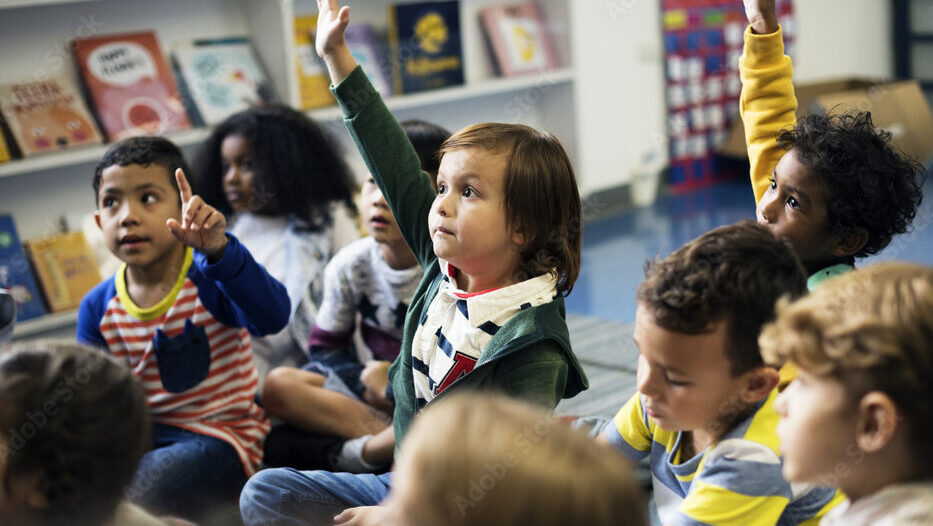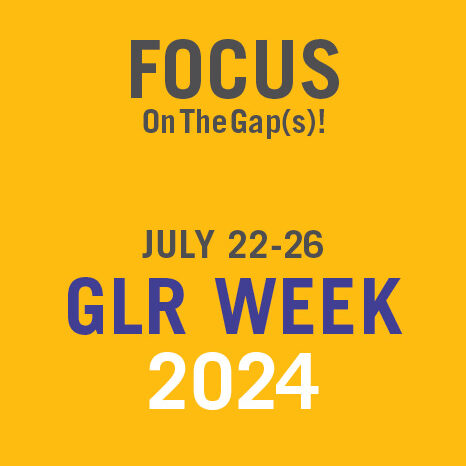
- This event has passed.
The Influence of Social-Emotional Learning: Closing Literacy Gaps in the Classroom

Natalie Walrond of WestEd served as the moderator, introducing the webinar’s focus on aligning research, policy and practice to integrate social and emotional well-being with language acquisition and literacy. She discussed the evolving definition of SEL, emphasizing its evidence-based nature and the importance of ecological approaches to education.
Attendees first heard from Christina Cipriano, Ph.D., at Yale University who introduced her work at the Education Collaboratory at the Yale Child Study Center. Cipriano explained that their lab focuses on three main areas: centering marginalized students and educators in SEL, advancing the science and practice of evidence synthesis, and evolving assessment methodologies within SEL. She shared findings from their research, demonstrating that SEL benefits students academically, behaviorally and emotionally.
“The evidence is clear, and we have overwhelming evidence to the positive effects and benefits on academic achievement of contemporary social-emotional learning. Explicit social-emotional learning does increase students’ literacy and math achievement in both their grade point averages and their test scores.” — Christina Cipriano, Ph.D.
Next, Lakeisha Steele with the Collaborative for Academic, Social, and Emotional Learning (CASEL) emphasized the effectiveness of SEL when integrated into instruction, school culture and policies, noting improved academic achievements, mental health, social skills and perceptions of school climate. Steele then introduced CASEL’s SEL and Literacy Initiative, aimed at addressing the literacy crisis by exploring the role of SEL in literacy development. Collaborating with leading researchers, CASEL developed a white paper advocating for an integrated approach to literacy and SEL, providing policy recommendations to enhance literacy instruction and teacher development.
“We have this initiative that really propels the science of social-emotional learning and literacy and [shows] how extremely linked they are. If we actually harness the full breadth of research, we can better inform instruction, better prepare teachers going into the classrooms, and better serve our students to ensure that they are actually graduating, and that they are graduating to a world where they are successful and they have a full command of reading and literacy to serve them well over the course of their lives.” — Lakeisha Steele
Lastly, attendees heard from Carol D. Lee, Ph.D., of Northwestern University who emphasized the deep connection between social-emotional development and literacy, arguing that integrating social-emotional learning into classroom instruction is essential, rather than treating it as a separate, end-of-day activity. Lee highlighted the intertwined nature of thinking, feeling and perceiving, and the necessity of considering these aspects in creating robust learning environments. At the heart of Lee’s presentation was the importance of social and emotional well-being in human development, drawing from various scientific disciplines, including human development, learning sciences, psychology and neuroscience.
“We know that when human infants are born, they pay more attention to human faces than they do objects. Why? Because as a species, we understand that attachments with other people, relationships with other human beings and, for that matter, with the natural world, are going to be essential.” — Carol D. Lee, Ph.D.






